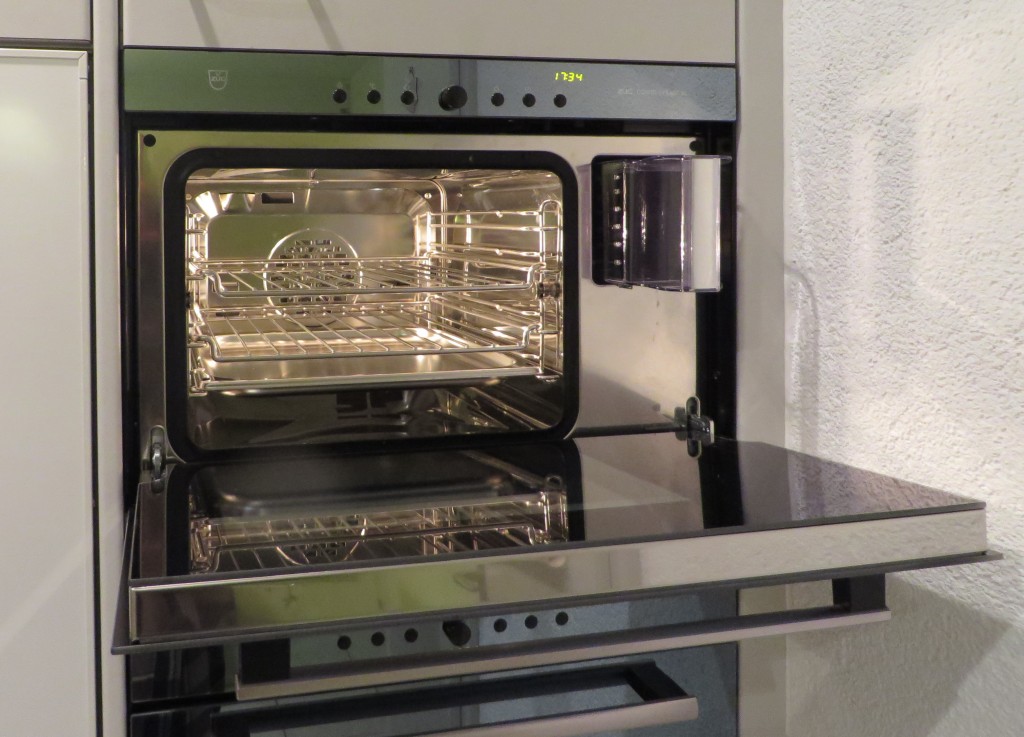
Whether you are a MasterChef wannabe, an avid baker, or simply your children’s personal cook, you will end up relying heavily on your oven.
And let’s face it!
At Professional Oven Care we know that the perfect kitchen deserves the perfect oven. But even if you’ve invested a lot in a modern quality appliance, there is a big chance that its performance will decrease in a couple of years because of improper exploitation.
In time your oven’s energy efficiency will lower and your electricity bill will get higher. And that the damage might also compromise the quality of food and your health. And if the mishandling continues, finally you must buy a new appliance.
To avoid that follow these basic principles of protecting and prolonging the life of your precious stove.
1. Protect Your Oven From Stains
There are a few ways you could avoid food spills in the oven, let alone let these turn to charcoal.
In this case, prevention is the preferred option.
Otherwise, the leftovers will burn the next time you bake. To prevent that, use cooking foil and baking paper whenever possible. Think well in advance.
Also, don’t bake at a temperature higher than the recommended one, because if there’s any liquid it will boil and therefore, spill.
2. Clean with the right tools
Heavy-duty cleaners may be all right to use on some oven types, but better don’t risk it and avoid using them, as they might damage the heating elements and the protective coating. The best natural cleaner for ovens is baking soda and vinegar. Fine-tune the right mixture and leave chemicals aside. As pollution is growing, taking a step to sustainability is a trend on the rise.
Important: Never use a metal scraper to clean your oven. Fins a silicone or a plastic one that can do the job equally well, but without damaging the surface.
3. Use The Clean-as-you-go Technique
No one really likes it, but the truth is the best time to clean the kitchen is while you cook and not after. Particularly with ovens, always wipe the grill and the bottom while still warm.
Clean the oven while still warm, but never hot!
This will make the removal of grease much easier. Otherwise, if the spilt oil dries and is repeatedly burnt every time you cook, the least that could happen is an unpleasant taste of your food. More importantly, you risk huge damage and even breakage of the oven base.
Grease heats fast to astonishingly high temperatures, and that is more than enough to create holes in the oven’s surface over time. If there is already burnt grease build-up, it would be better to book a professional oven cleaning.
4. Technical Difficulties
If you have one of these sleek stoves with touch buttons, then this doesn’t apply to you.
However, if your oven has the usual knobs, then you need to know how to use them properly if you don’t want them to break in time.
The basic rule is that you have to turn them only in the increasing direction of the settings.
Do not skip straight to the highest temperature, as in time, this might damage the knob’s device.
Being careful can save you a ton on repairs.
5. Range Knobs
Another important thing about the oven’s knobs is that you should not apply a cleaning solution directly on them. It may burn out the electrical elements and cause corrosion.
To avoid damage, spray the cleaning solution on a damp rag and use the rag to clean the knobs of the oven.
If the first time doesn’t work, give it some time before repeating.
6. Time Is Ticking Away
Pretty much the same principle goes to the oven’s timer if it’s a knob. Only turn it clockwise. If you’ve finished cooking before the timer goes off, don’t bring it back to zero forcefully. Instead, turn off the oven and let the timer go off by itself.
There is a little spring that makes the timer “tick” so if you restart it by force, it might break.
7. Shattered Glass
Glass cookware is quite popular among culinary aficionados. And with good reason, almost anything looks exceptionally beautiful and appetising in them. They are made of heat resistant glass. However, to ensure there will be no accidents of shattered glass and spilt food inside the oven, you need to put the glass cookware in before the oven heats. If not, there is a chance the glass will break (even if it’s heatproof) if you put it straight into high heat.
Cleaning experts recommend scheduling a regular session with a professional oven cleaner so you keep grime from accumulating. A tradesman experienced in oven valeting will have the toolset to dismantle and reassemble the average domestic oven thus achieving the finest details of hygiene.
Final Remarks
A loyal and lasting oven is the best thing a cook can wish for but doing regular maintenance and upkeep hygiene.